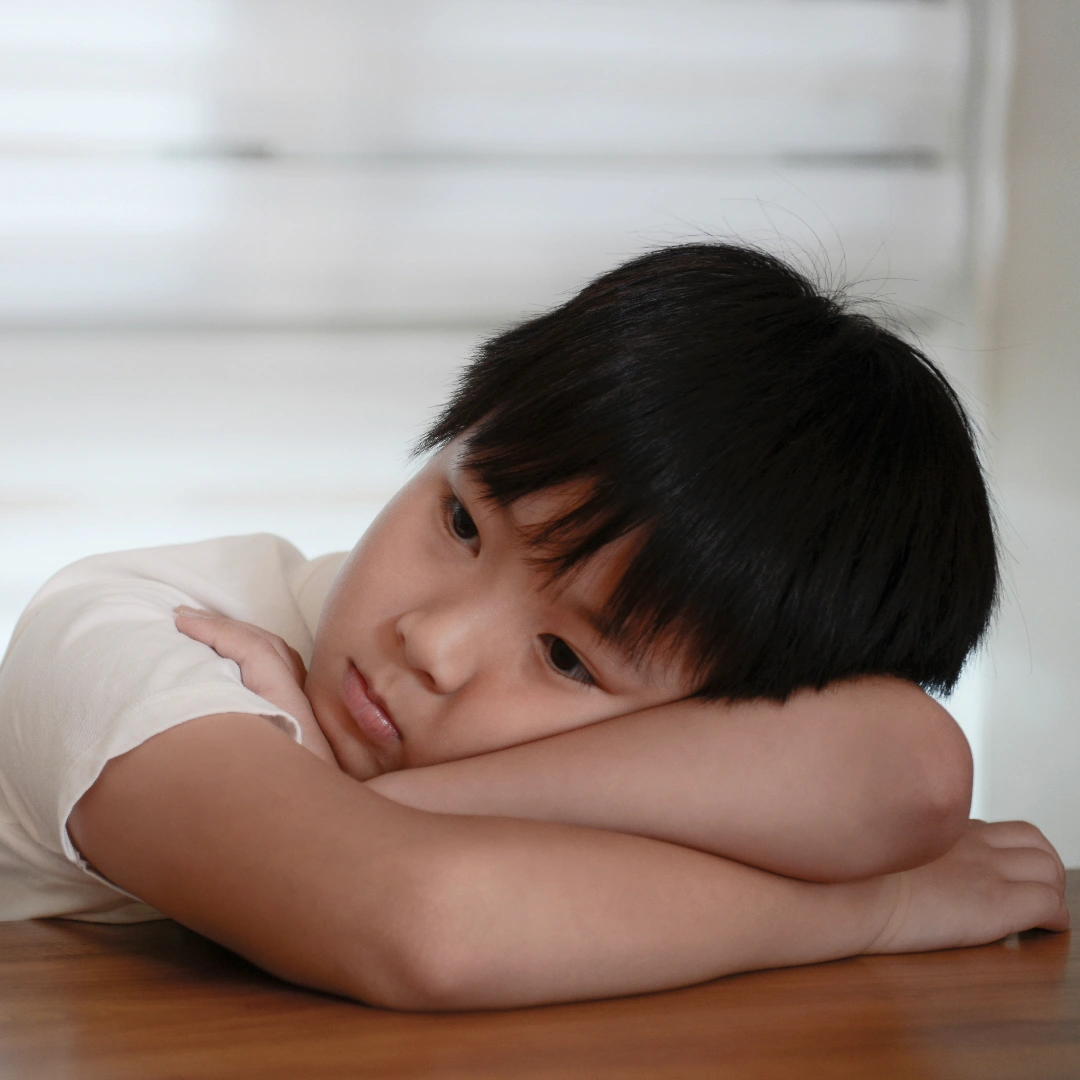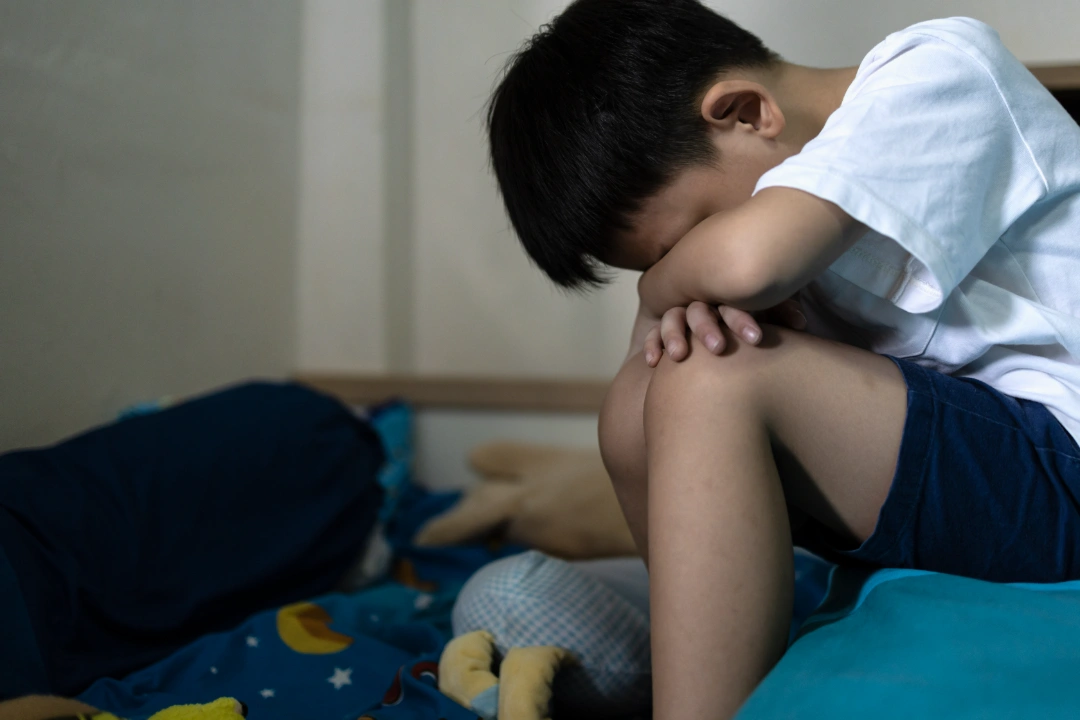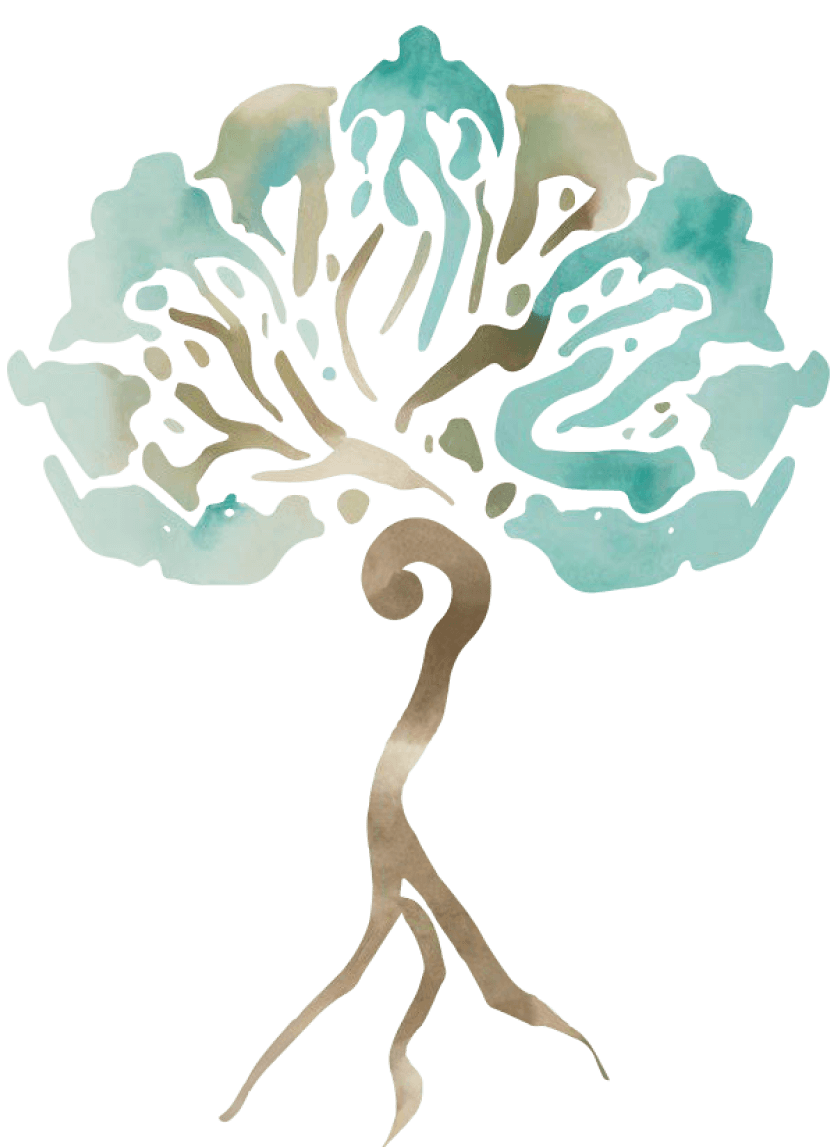Depression
Depression is a mental health condition characterised by constant feelings of sadness, hopelessness, and a lack of interest or pleasure in activities.
What is depression in children and youths?
Depression is a mental health condition characterised by constant feelings of sadness, hopelessness, and a lack of interest or pleasure in activities. It can affect a person’s thoughts, emotions, and physical well-being, significantly impairing daily functioning. While depression can affect individuals of all ages, including children and youths, the symptoms may be different.
Depression in children and youths may be challenging to recognise because they may not always be able to express their feelings easily. Instead of explicitly stating that they feel sad, they might exhibit behaviour, mood, or academic performance changes.


According to a recent survey in Singapore, 1 in 3 adolescents reported mental health symptoms, including depression, loneliness, and anxiety. However, just one in 10 parents were able to recognise mental health issues in their children.
What causes depression in children and youths?
There may not always be a single factor, as depression in children and youths tends to be caused by a combination of biological, genetic, environmental, and psychological factors.
Depression can be a result of imbalances or changes in brain chemicals (i.e. neurotransmitters), such as serotonin, norepinephrine, and dopamine, which are responsible for mood regulation.
Sometimes, traumatic or stressful life events, such as the loss of a loved one, abuse, financial difficulties, or relationship problems, can contribute to the onset of depression. Moreover, childhood is a very crucial phase of development, and in some cases, experiences of trauma, neglect, or abuse may increase the risk of developing depression later in life.
However, not everyone exposed to these factors will develop depression, and its development varies from person to person. Seeking professional help from mental health professionals will aid in understanding and recognising the root cause of depression, depending on an individual’s situation.
What are the symptoms of depression in children and youths in Singapore?
Depressive symptoms in children and adolescents can be different as compared to those in adults. Keep in mind that children may not always be able to articulate their emotions clearly, so it’s important to observe changes in their behaviour and mood. Here are some typical symptoms of depression in children and adolescents:


- Consistent sadness, tearfulness, or irritability
- Insomnia or increased sleep duration
- Significant changes in eating patterns, resulting in weight loss or gain
- Constant tiredness and low energy levels
- Losing interest in once-enjoyed activities
- Decline in school performance and motivation
- Headaches, stomachaches, or unexplained pains
- Bleak outlook on the future
- Agitation or restlessness, or slowed movements and speech
- Negative self-talk, feeling worthless or guilty
- Expression of self-harm or suicidal thoughts
It’s important to note that any mention of suicidal thoughts or behaviours requires immediate attention and intervention. Moreover, not every child or adolescent will exhibit all of these symptoms, and the severity of symptoms can vary. If there are concerns about a child or adolescent showing signs of depression, seek professional help.
Are children and youths at risk of depression in Singapore?
Depression can affect individuals from all walks of life, but certain factors may increase the risk of developing this mental health condition. Children and youths who are more at risk of developing depression in Singapore have the following risk factors:

- Family history: An individual’s susceptibility to developing depression may increase if they have a family history of depression or other mood disorders.
- Mental health issues: Children or youths with other mental health disorders such as obsessive-compulsive disorder (OCD) and anxiety disorders are at a higher risk of developing depression.
- Gender: According to research, females are generally more likely than males to experience depression. However, males are not immune, and depression can affect individuals of any gender.
- Genetic factors: Specific genetic factors may affect an individual’s predisposition to depression.
- Substance abuse: Youngsters involved in substance abuse, such as alcohol and drug misuse, are at a higher risk of developing mental health disorders, including depression.
- Personality traits: Children and youths with certain personality traits, such as a tendency toward pessimistic thinking or low self-esteem, may be more vulnerable to depression.
- Cognitive patterns: Some individuals have distorted thought patterns, such as excessive self-blame or a negative outlook on the future, which can contribute to the risk of depressive symptoms.
- Social isolation: Individuals experiencing social isolation or a lack of social support may be more at risk of developing feelings of loneliness, which can exacerbate depressive symptoms.
- Chronic health conditions: Certain medical conditions, such as chronic pain, childhood-onset diabetes, or autoimmune diseases, can increase the risk of depression.
How is depression diagnosed in children and youths in Singapore?
Diagnosing depression in children and adolescents in Singapore requires a thorough assessment of a child’s behaviour, emotions, and overall functioning. Mental health professionals, such as psychiatrists and child psychologists, usually utilise a combination of clinical interviews, standardised assessments, and information from parents, caregivers, and teachers.


- Clinical interview: A detailed interview will be conducted with the child or youth to gather information about their feelings, thoughts, behaviours, and stressors or triggers.
- Parent/caregiver input: Information from parents, caregivers, or other important adults in the child’s life who may provide insights into the child’s behaviour at home, mood changes, and any observable symptoms may be required.
- School’s input: In cases where the child is school-aged, input from teachers and school counsellors can be taken with the child’s/parents’ consent. Schools can provide insights into the changes in their academic performance, social interactions, and behaviour in the school setting.
- Observation of behaviour: The child’s behaviour during the assessment will be observed to check for signs of depression, such as withdrawal, lack of interest in activities, or mood changes.
- Screening tools and questionnaires: Standardised screening tools and questionnaires may be utilised to assess the severity of symptoms and their impact on the child’s daily life. These tools help quantify the symptoms and track changes over time.
- Diagnostic criteria: The criteria outlined in the Diagnostic and Statistical Manual of Mental Disorders (DSM-5) will be references to determine if the child’s symptoms align with the criteria for depression.
In addition to these methods, children may not always have the verbal skills to express their emotions directly, so play therapy, art therapy, or other child-friendly techniques may be incorporated into the assessment process.
What are the treatment options for depression in children and youths in Singapore?
The treatment of depression often involves a combination of therapeutic approaches, primarily because what works for one person may not work for another, and the severity of depression can vary. Treatment options for depression in Singapore for children and youths may include:
- Psychotherapy (counselling):
-
- Cognitive Behavioural Therapy (CBT): CBT is a widely used therapeutic approach to help individuals identify and change negative thought patterns and behaviours that contribute to their depression.
- Interpersonal Therapy (IPT): IPT focuses on improving interpersonal relationships and communication skills and addressing issues that may contribute to depressive symptoms.
- Medication: Selective Serotonin Reuptake Inhibitors (SSRIs), Serotonin-Norepinephrine Reuptake Inhibitors (SNRIs), and other classes of antidepressants may be prescribed based on individual needs to help regulate neurotransmitters in the brain.
- Family therapy: In cases where family dynamics contribute to depression, family therapy may be beneficial. In such cases, the entire family is involved to improve communication and support.
- Mindfulness and relaxation techniques: Mindfulness meditation, deep breathing exercises, and progressive muscle relaxation can help children and youths manage stress and promote emotional well-being.
- Exercise: Regular physical activity has been shown to have positive effects on mood and can be a crucial part of depression treatment.
- Nutrition and sleep management: A balanced diet and healthy sleep habits contribute to overall well-being and can positively impact mood.
- Hospitalisation: In cases of severe depression with a risk of self-harm or suicide, the mental health professional may recommend hospitalisation to ensure the safety of the child and provide intensive treatment. In the wise words of Sylvia Plath, “…and, when our lives crack, and the loveliest mirror cracks, is it not right to rest, to step aside and heal.” Admission will allow your child to rest and heal with the help and support of psychiatrists and other professionals.
However, treatment choice depends on factors such as the severity of symptoms, risk issues, individual preferences, and the presence of co-occurring conditions. Individuals with depression need to work closely with mental health professionals to determine the most appropriate treatment plan for their specific situation.
If you or your loved one is suffering from depression, please schedule an appointment with Connections MindHealth (CMH) for a thorough diagnosis and personalised intervention programmes.

Frequently asked questions
What are the warning signs of depression in children and youth?
Warning signs include persistent sadness, changes in sleep patterns, withdrawal from activities, and noticeable academic decline.
How can parents differentiate between normal mood swings and depression in their child?
Parents must look for prolonged and severe changes in behaviour, mood, or academic performance and seek professional guidance.
What steps can schools take to support students’ mental health and address depression?
Schools can implement mental health programmes, provide counselling services, and create a supportive environment to identify and address depression in students.

Reach out towards recovery
Readily available help
There are numerous resources catered specifically for young adults, including counselling services at colleges and universities, and employee assistance programs (EAP) at many workplaces.
Confidentiality
We respect your privacy—any discussions you have with us are kept strictly confidential.
Holistic wellbeing
Your mental health matters just as much as your physical health. Taking care of your mind is a crucial part of your overall wellbeing.

